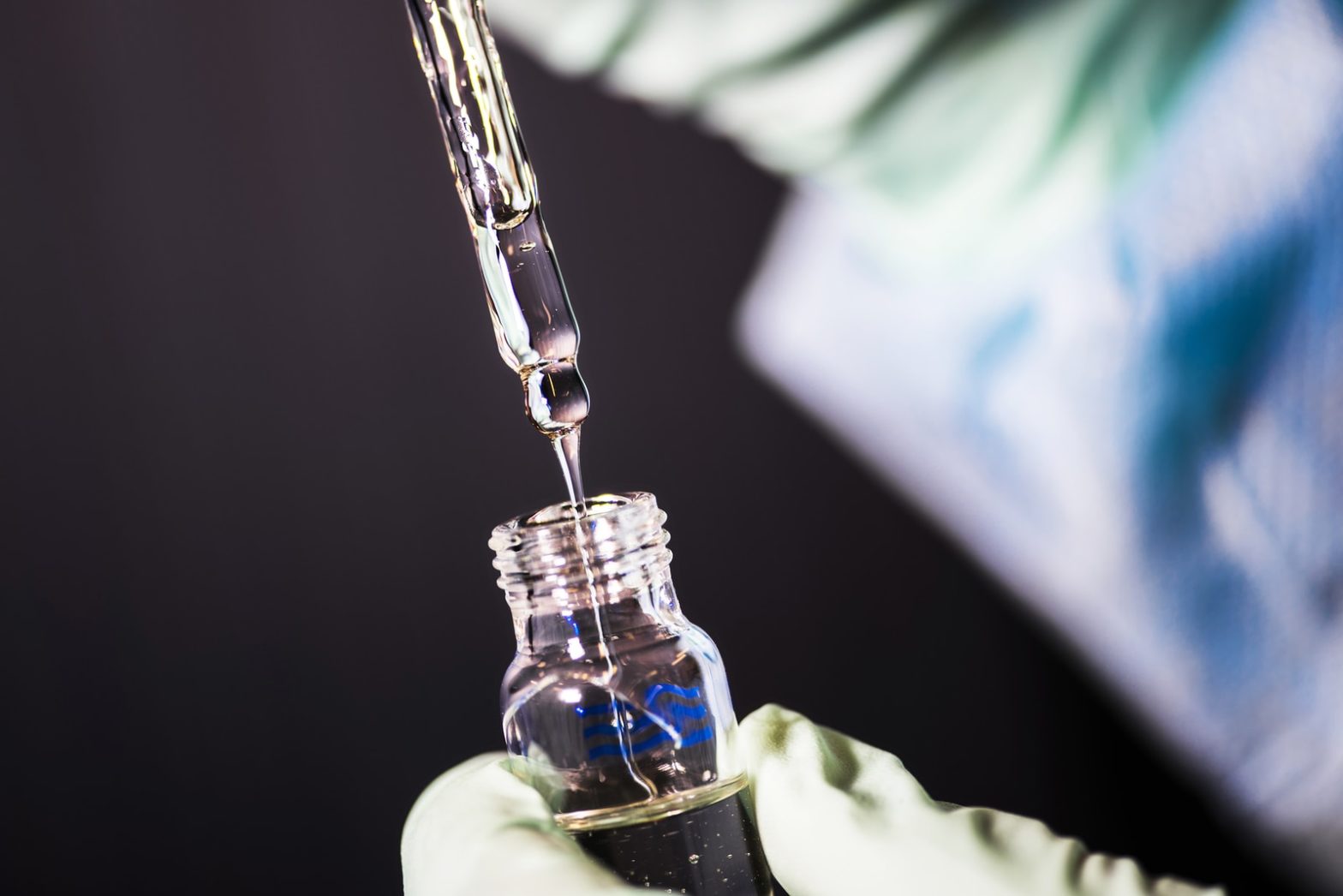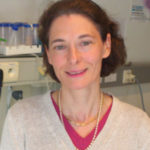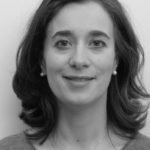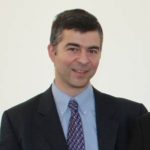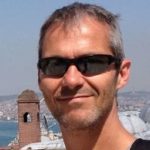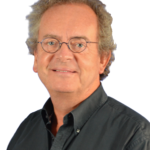Description
Despite current effective and life-prolonging combination antiretroviral therapy (ART), HIV 1 can still not be cured and remission is not attainable for most persons. Indeed, the virus persists in people receiving ART and can produce active infection upon treatment interruption due notably to reactivation of viral expression from latently-infected cells, called HIV reservoirs. HIV-1 transcriptional repression is crucial for the establishment and maintenance of post-integration latency. The objective of this study is to describe the heterogeneity of the molecular mechanisms involved in HIV-1 gene repression in cells from both T-lymphoid and myeloid origins and to identify the individual determinants of the different capacity of the HIV-infected cells to be reactivated.
